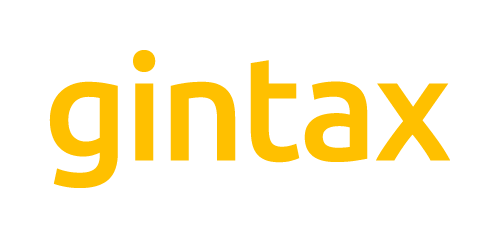Gintax answers Sunday Independent readers’ questions on tax.
Article published on 11 October 2020
Q I am 66-years-old and have taken up residence in Ireland after working for 40 years overseas. Will I be exempt from Deposit Interest Retention Tax (DIRT) on interest earned on savings if the bank interest earned is coming from savings held in a non-EU country? Also, I have held an Executive Investment Bond (EIB) with a non-EU company for six years prior to returning to Ireland. I intend to use this EIB to fund my retirement. Is there any exemptions from capital gains tax if I use the EIB for this purpose? Daniel, Waterford
Firstly, it will be crucial to determine your Irish tax status in 2020.
You mention you are returning to Ireland and thus I assume you are Irish domiciled - this essentially means you regard Ireland as your permanent home. Accordingly, given you have been out of the country long-term, you will be subject to taxes in Ireland on foreign income and gains this year only if you are tax resident here. For you, assuming you did not visit Ireland last year, the 2020 residency test is simple - you will be tax resident if you spend 183 days here this year.
If you are not tax resident, the deposit interest should not be subject to any Irish taxes this year.
If you are tax resident, I should firstly note that as a 66-year-old, you are exempt from Irish income tax if your annual income is less than €18,000. You should also be exempt from PRSI on all income. DIRT is an Irish withholding tax and whilst it will not apply to your foreign interest, income tax can still arise. For money held in non-EU institutions, the income tax rate will be 33pc (the same as the DIRT rate) or 40pc on deposit interest. The 33pc lower rate applies if you are a standard rate taxpayer. (A single person with annual income of up to €35,300 pays the standard rate of income tax).
In relation to your query on the Executive Investment Bond (EIB), I assume this does not derive any value from Irish assets. The date of realization or disposal of the EIB is key. If you are not tax resident and the bond is realized this year, then no Irish tax will arise. The subsequent remittance of proceeds to Ireland would not trigger any Irish tax in your case.
If you are Irish resident when the bond is realized, the disposal will be subject to Irish tax. While there is an Irish exemption for certain monies taken from pension funds (subject to various rules), this will not apply as the EIB is not a pension fund.
In relation to the potential tax here, it is useful to give a general overview as foreign products (other than standard quoted shares) can be an Irish tax minefield and a special regime could apply. This is particularly relevant where the investment is in a country outside the EU or European Economic Area which does not have a tax treaty with Ireland or is not a member of the OECD. You mention that the EIB is “with a non-EU company” - but you would still need to clarify the location of the actual bond as you could be referring to the broker.
Foreign products may appear similar, but their Irish status will depend on their particular composition and matters such as their location and where and how they are regulated.
Depending on their classification, the tax applicable can vary. While the default capital gains rate is 33pc, a special income tax rate can apply. To give you a flavour of the possible Irish tax in this case, the EIB could be structured as a type of life assurance or alternatively, regarded as an “offshore fund”. For foreign life policies, the Irish tax on exit can be 40pc or 41pc of the gain, depending on the location of the insurer. Gains under the offshore fund regime can be subject to the 41pc rate or the investor’s marginal rate (up to 40pc). Universal Social Charge at up to 11pc may also apply. Other tax provisions can also come into play such as a restriction on the use of losses to shelter gains. For niche tailored products, an income tax rate of 60pc could apply if the EIB is of a type where the investment choices made by the fund can be influenced by the owner (you). There is even a rate of 80pc on the Irish tax books where such niche gains are not properly included in the investor’s tax return.
If the EIB is not subject to a special Irish regime, then the gain will be subject to 33pc Irish Capital Gains Tax in the normal manner.


